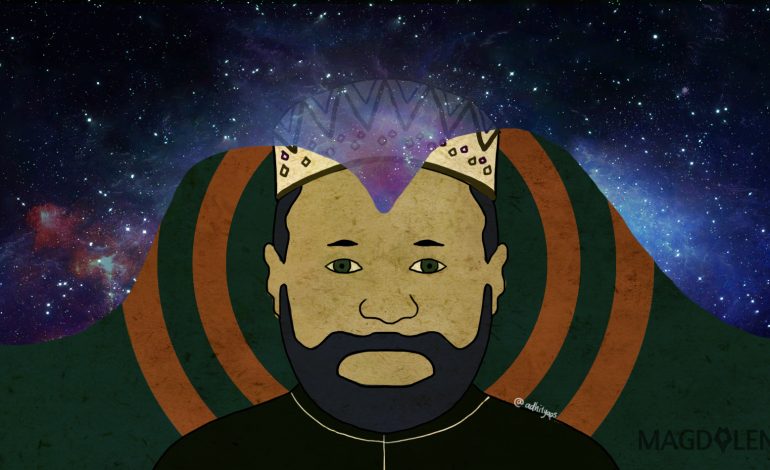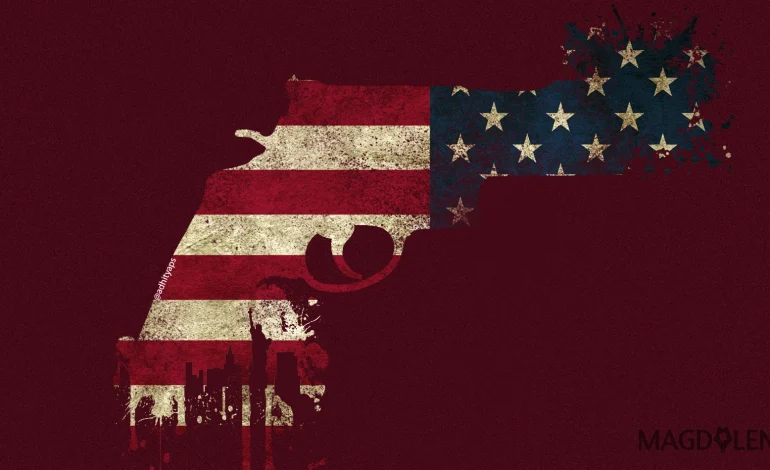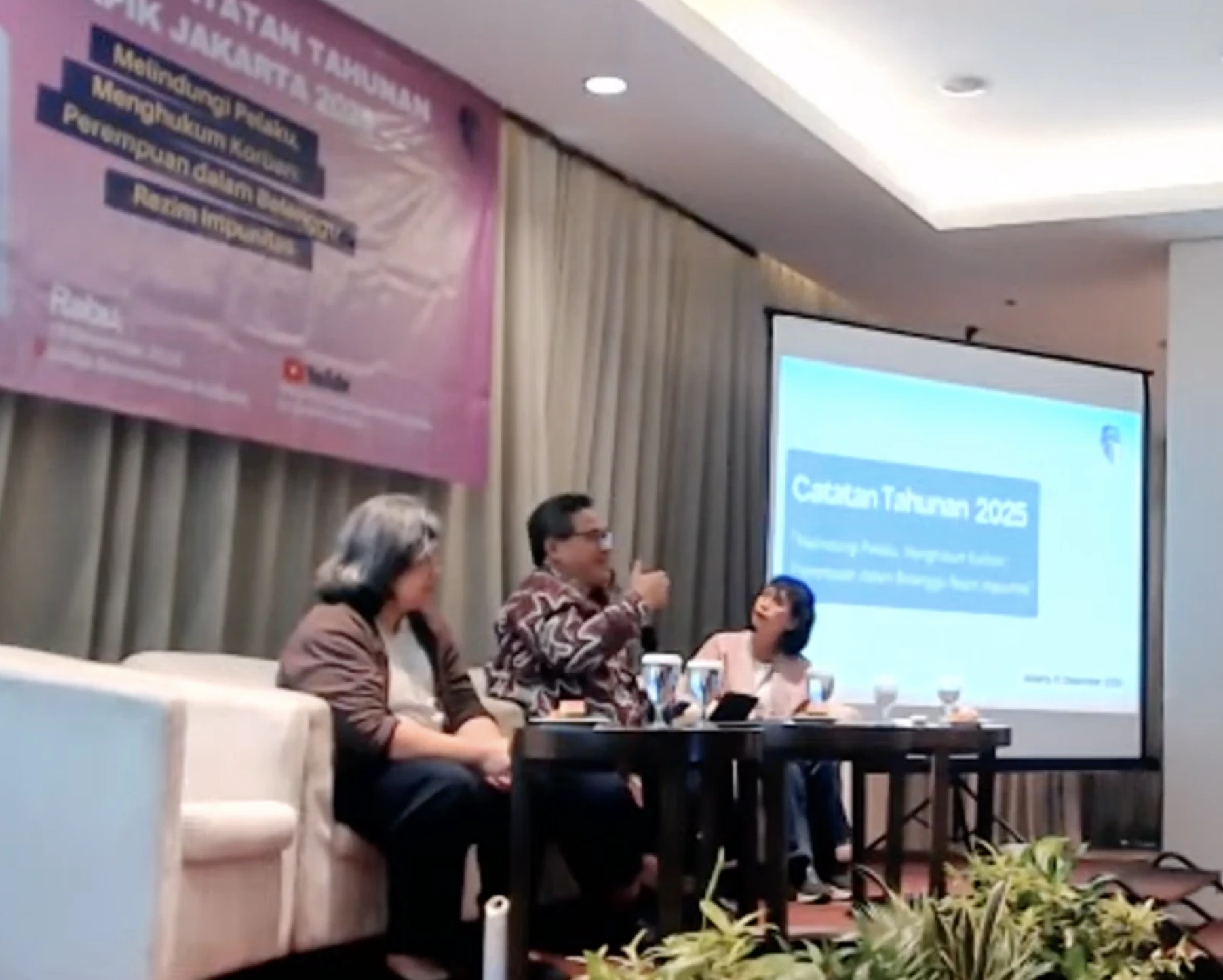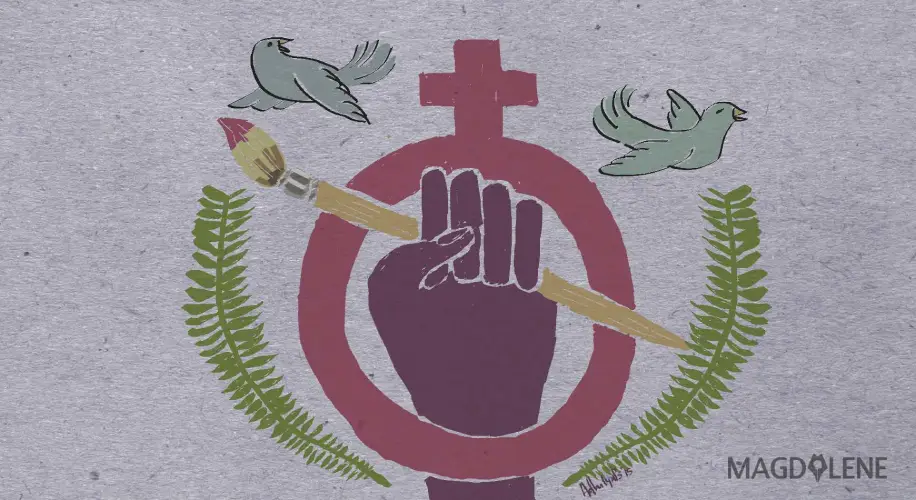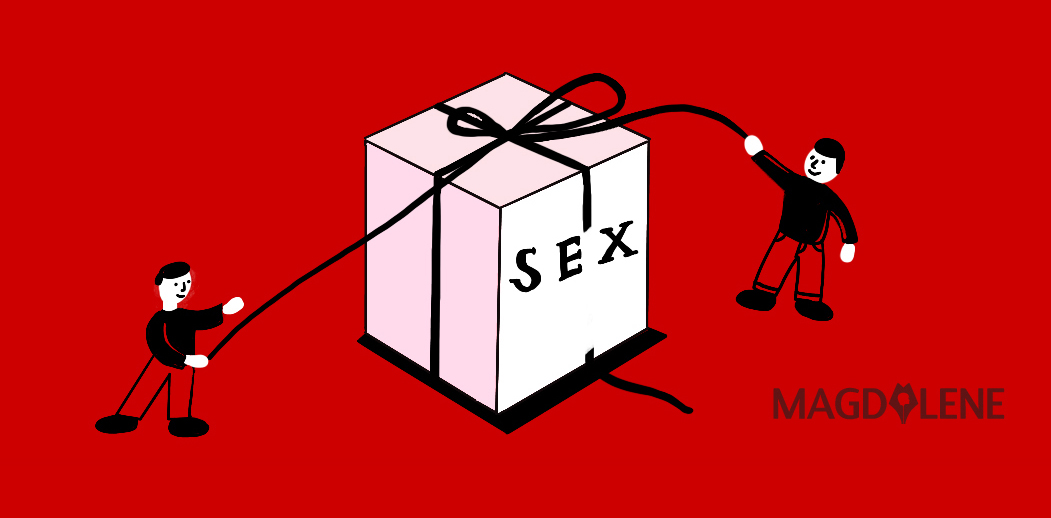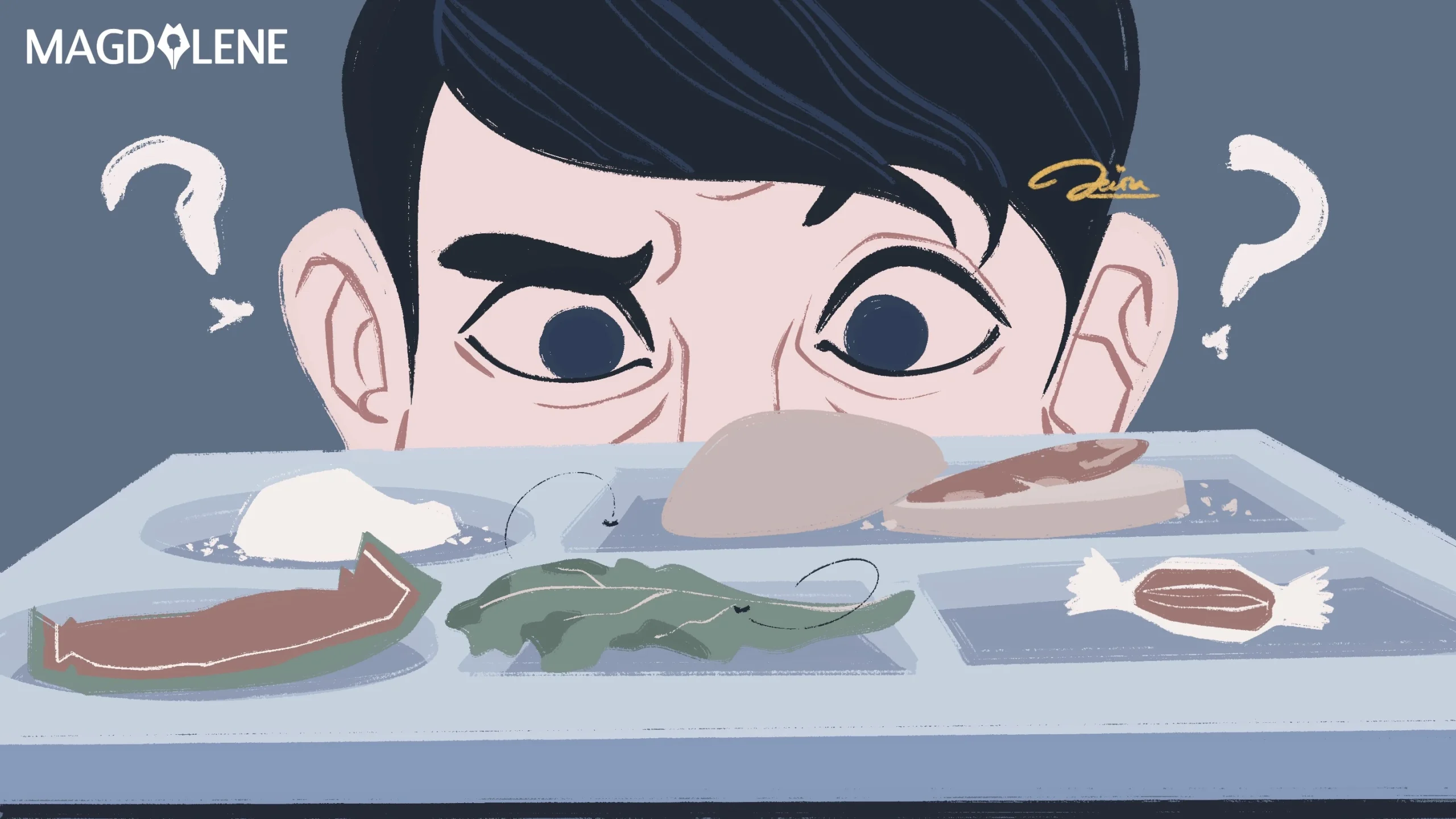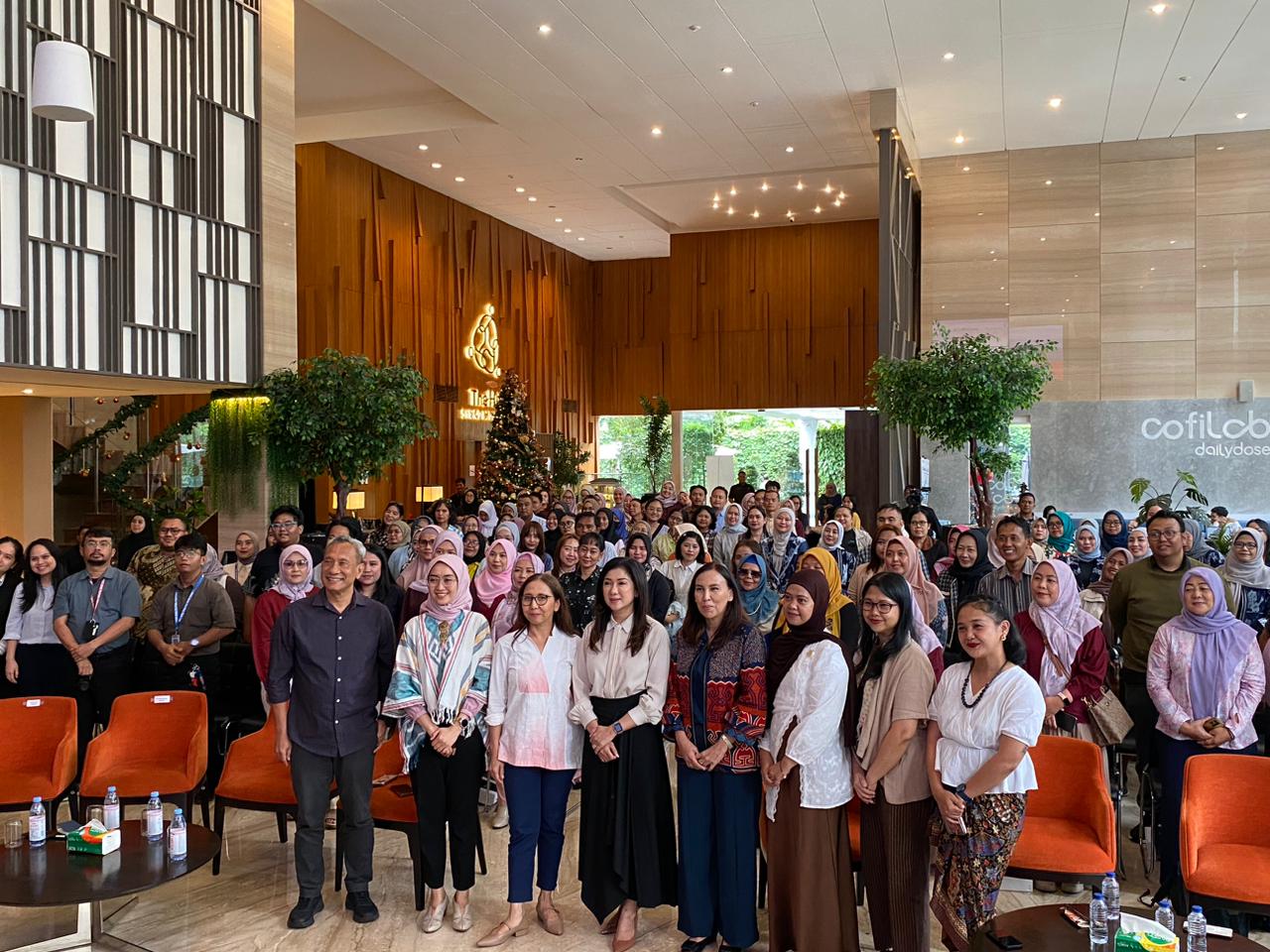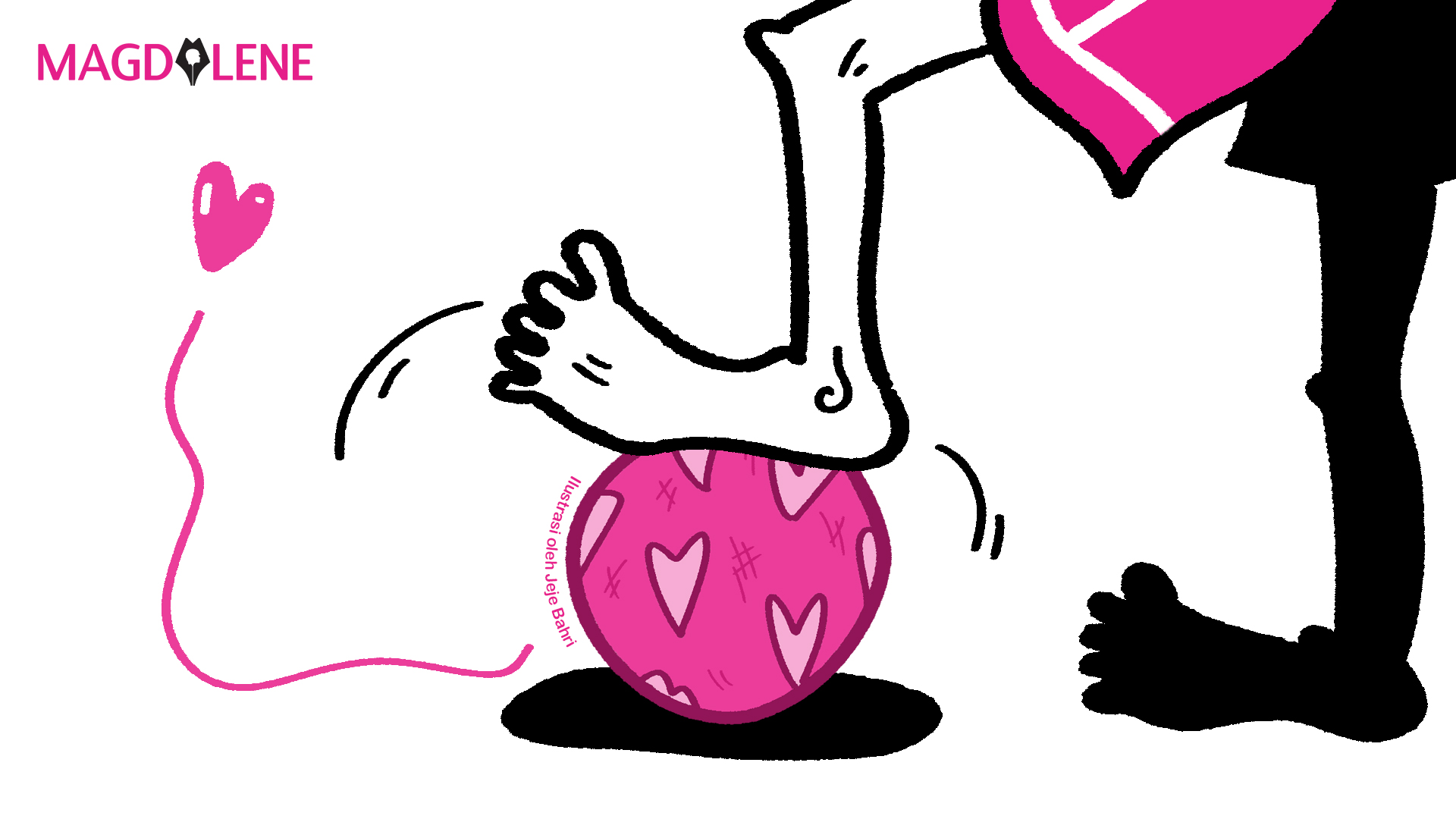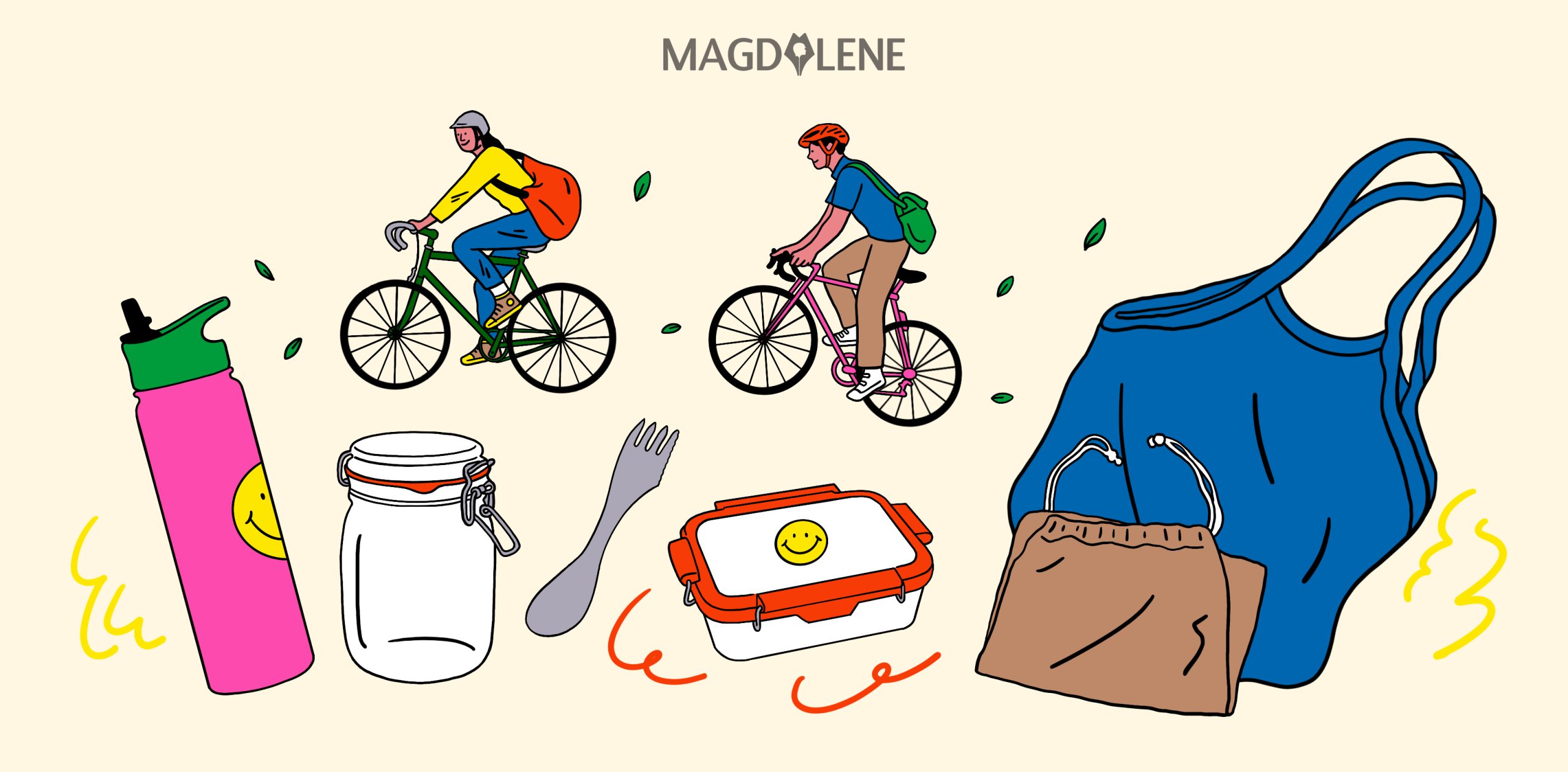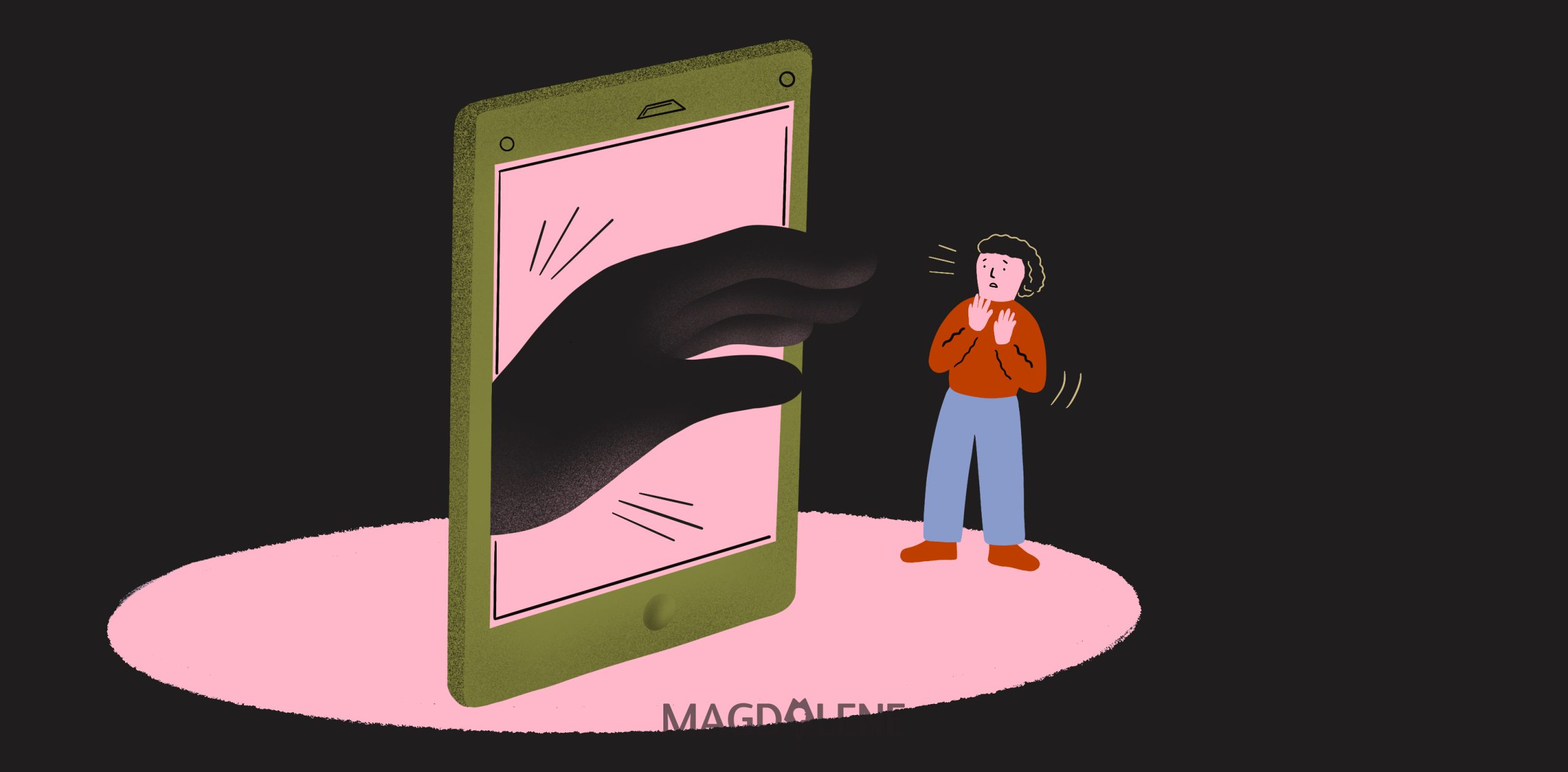Not All Men are Rapists, But Every Baby Boy is on a Clear Path to Become One
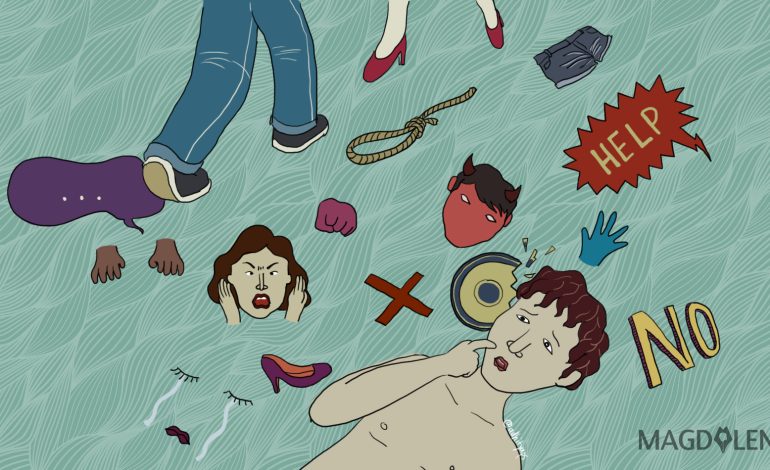
As a man, the path to becoming a feminist is never a clear-cut one. Of course, any decent human being will support a movement for equality, gender or otherwise. But is that nearly enough? What about the fact that the path to feminism seems mired, at first, with strong prejudices against men?
It’s not even about logically flawed men-hating. I’m talking about the basic presumptions. Why is it always about defense against men? Do feminists think that all men are perpetrators of sexual violence? What about sexism’s effects on men?
These questions used to annoy me a lot. Sure, I’m all for gender equality. But, as a male kind, the prejudice is palpable, especially in physical gatherings. The suspicions, the feeling out of place. I didn’t feel like I’d deserved it.
I pointed this out to my female colleagues, and, mostly, they would agree. Yes, I know, it’s not so clear-cut. Not all men are perpetrators of sexual violence. In fact, they should be our allies against those who are.
But, really? Lately, I have come to occupy a different position. Or, more specifically: Maybe these suspicions are not entirely unfounded, logically flawed counter-prejudices.
Yes, not all men are perpetrators of sexual violence. But more and more I have come to realize one simple fact: Leave a baby boy to grow up on its “natural” course, and you can bet it would grow up harassing women to no end. How could they know which path I’d taken? Could I really blame anyone, when we live in a society that raises kids in these manners?
On Teenage Boys…
Let me talk about a recent incident that perfectly illustrates this. A while ago, my Rolling Stone article on Y’s gang rape in Bengkulu case reached a certain level of popularity, enough to come across the radar of certain members of my extended family. Some, of course, were teenage boys and young adult men.
They asked me the details of the case, and guess what kinds of questions came up.
“What was she wearing? Was it provocative?”
“Why was she walking alone?”
“But they boys were drunk, weren’t they?”
Keep in mind that these were young men and boys raised in a progressive family, much like myself. Most had not the slightest bit of outward sexist intentions in them.
I reacted in a way most in my position probably would: fuming, but doing my best to keep it in. I knew who these people were in their day-to-day lives. These were people who would never dream of commiting sexual crimes. People who, in fact, when asked, would gladly cheer for “gender equality”, whatever this might mean for them.
So they weren’t deliberately being tremendously sexist with their questions. They simply had no idea that their questions were part of a monstrous, far-reacing social toxin.
I remember being their age – high school, early college. I remember referring to women with numbers – a six, a seven, a solid ten. Or sometimes with boob sizes, especially when they run in gym class, because, haha, isn’t that super funny. How we would make fun of those that aren’t gender-conforming – until they get too close and freak us out, those sissy pigs.
And how we would be impressed by men who were no longer virgins and disgusted by women who were no longer virgins. Impressed by men who drunk and disgusted by women who drunk. Or smoked. Or did drugs. Or did anything, really.
Did we know we were evil? Of course not. Why would we, when we would never do harm to a teenage girl ourselves? We were just having fun, right? Because boys are allowed to have fun.
Because boys are cool, right? Unlike teenage girls.
…And Teenage Girls
Speaking of teenage girls, what is the one thing, off of the top of your head, that has become that one single defining trait of their kind, worldwide? It’s not hard: they scream over stupid things. K-Pop. Justin Bieber. One Direction. Stupid cheesy romance comics and badly-written novels. What have you.
Tell me this, though: if those things were not so associated with screaming teenage girls, would society still consider them stupid? Maybe if they were really badly made, but I doubt that would be the case for most.
So it occured to me that maybe it’s the other way around? It’s not that they scream over stupid things. It’s whatever they scream over that society has, for some reason, collectively decide to call stupid. Shallow. Worthless. What have you.
Don’t believe me? Whom do we think of when we say the (Indonesian) slur “alay”? Teenage girls, of course. If they’re boys, we’d say that they behave like girls. If they’re not teenagers, we say they behave like one. You know, the type. Those who get overwhelmed by their emotions, probably quoting songs and making bad poetry and tearing up everywhere they go, subtweeting constantly on their timeline.
More and more I have come to realize one simple fact: Leave a baby boy to grow up on its “natural” course, and you can bet it would grow up harassing women to no end.
The question is: Why? Are those things really that bad? Why have we turned the figure of the teenage girl into one whose passions we collectively look down upon? A figure so unworthy of respect? Remember that this is their inner emotional lives we are talking about, their exploration on a path of growth. And we talk about it like trash, and somehow everyone is okay with that.
But, hey, you ask. Teenage girls aren’t all that bad! Don’t we also portray them under positive light? Don’t we value their youth and their beauty, and the way they look so good wearing certain brands and items? Aren’t they simply pretty little creatures?
Exactly. This is the problem, isn’t it? Look good, but never ever show your emotional lives! Just be eye candy, that’s what you’re worth! Isn’t this the message we’re constantly sending to teenage girls? A message that somehow everyone is okay with?
To Blame the Victim, Start Here
Feminism is never only about individual mindsets. Prejudice against men isn’t simply just a newfound cancer ruining it – although, yes, some do grow to be the toxic kind. But to fully understand feminism, we need to understand how it is mired in a very long history of mysogyny. Men have occupied a privileged position for a very long time, and that’s why men, myself included, should always be suspect.
Yes, I have sinned. Of course I have. I’ve been in relationships where I expect my partner to behave a certain way, just because they were of the female kind. More subtle, more loving, all that bullshit.
I’ve been angry over gender roles and expectations. I’ve been annoyed waiting for hours and hours of make-up and an expensive taxi ride because dresses and make-up don’t go well with public transportation. I’ve never dismissed turbulent emotions as illogical hormonal symptoms, but I may as well have.
In short: I’ve blamed my partner for all the judgments, pressure, and unrealistic social expectations given to them by years and years of socially accepted mysogyny. And unless you’ve removed yourself from all forms of social life, you probably have, too.
We need to teach kids to unlearn the hate that’s been handed down to them by generations upon generations of fellow human beings that simply did not know better.
And I ask you, dear reader: What is this, if not the seeds of victim-blaming? What is this if not perpetrating gender injustice in the name of male ego and chaunivistic happiness? What is this if not an attempt to tame complex femininity for the sake of masculine pleasure?
I’d never meant evil. I simply did not know better. Because, as a man, that’s what you’re supposed to do. That’s what society expects you to do. Boys are taught to grow up to expect and exploit. Girls are taught to grow up to please and repress.
Teaching Kids to Unlearn
When you’ve come to look at things that way, it’s a little difficult to not be disgusted, really. If this kind of relationship existed in a racial context, we’d have revolted. Imagine if we still perpetrate a myth that black people must please white people, while always mocking their tastes and emotional lives as shallow and invalid? How unacceptable would that be?
And yet, in a gender context, we still accept this. We even perpetrate this, in jokes and magazines and dating advice columns. And don’t even get me started on mainstream stand-up comedies and that abyssmal amateur hour we somehow call “Indonesian comedy films”.
We can laugh, but these are what kids grow up with.
We talk about the importance of sex education since an early age. This is all well and good and should be wholeheartedly supported. We also talk about bringing in feminist men to fight against sexism, and dismantle the prejudice against men by giving examples of thinking better and acting better. Again, wholehearted support.
I just don’t think those two movements, in and of themselves, will be enough. Not if they’re done exclusively. There is plenty of homework in the area where they intersect. More specifically: Starting the conversation and education for gender equality at as early an age as possible.
Because, let’s face it. It’s not merely about roles in the household or the workplace that is the locus of sexism. That’s the practical field, yes—but not the primary incubator.
It’s early childhood conditions that is most crucial. What we’ve always been taught to think of as cool. What we wear, what we like. What we laugh at, what kinds of people we’re supposed to laugh at. How we’ve been conditioned to think of our bodies and what to expect from others—physically, emotionally, relationally.
My favorite song from Tika and the Dissidents is one called “Unlearn the Fight”. It’s not exactly about this issue, but it’s a nice phrase. We need to teach kids to unlearn the hate that’s been handed down to them by generations upon generations of fellow human beings that simply did not know better.
Let’s be Real: Let’s Believe in Change
I like to think of myself as a realist. And, realistically speaking, it’s hard to imagine a world in which the female kind would put up with all this shit for much longer. We are seeing the chauvinistic male worldview being dismantled, and it’s exhilarating to see that more and more people are coming on board. I remain hopeful.
But a lot remains to be done. We, the privileged, have access to information and empathy networks that allow us to see problems in ways that many could not. But many of the young and almost all of the disenfranchised have none of this. They buy into discrimination – the males for stable power, and the non-males because, even if it hurts, it’s a familiar kind of hurt.
But we need to show them better. We need to show them that there is a better world than a world of hurt. That emancipation and equality is not only possible but necessary for the good of everyone.
I see a future where we will look back to today’s highly biased magazines and dating columns with as much shock as we would when we see racist 1950s ads today. Where, when a man scolds a female partner for being “too independent” (too strong, too smart, too etc.) and “not loving (submissive, cutesy, crybaby, etc.) enough”, it would be seen for what it is: a clear red flag, a license to flip the bird on his face and walk away. Where the emotional lives of teenage girls are no longer laughing stock to show how cool you are, but a valid part of growth and maturity that must be respected.
I’m a realist, you see. And I’ve seen how we’ve improved towards equality so much in the past. Of course, to do nothing and expect things to change is unrealistic. But to be cynical and think that we will never change is delusional.
Bonni Rambatan is a writer and comic artist. His monthly comics, “Not My Hero”, can be found in Kosmik magazine.”

